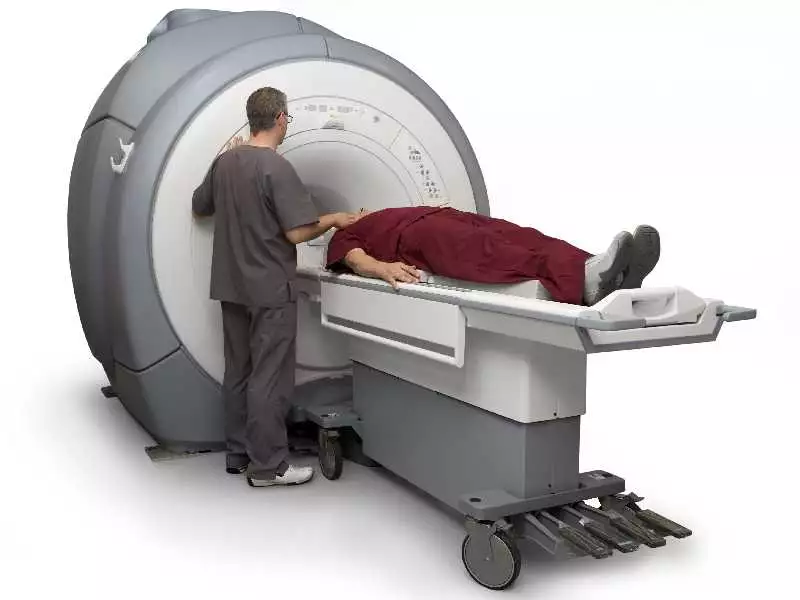A transient cerebral ischaemic attack (TIA) is an episode of periodic loss of function of a particular area of the brain caused by ischaemia. It usually affects one area of the vascularisation of the CNS.
In the case of an ischaemic attack from the vertebrobasilar vascularisation area , several symptoms occur simultaneously. The most common are dizziness, limb ataxias o/o trunk, double vision, limb paresis and brainstem injury syndromes. Rarely, sudden falls occur, which are indicative of transient ischaemia. However, they should be differentiated with syncope or epileptic seizure. It is also worth noting that some authors do not classify sudden falls as transient ischaemic attacks.

photo: pantherstock
Internal medicine, ophthalmology and ENT examination are usedin the diagnosis . In most patients, a magnetic resonance tomography scan is recommended. A morphological and coagulological blood test is also carried out and blood cholesterol levels and ratios are checked. EEG, ECG-Holter, ultrasound and Doppler ultrasound of the carotid and vertebral arteries may also be performed as required.









